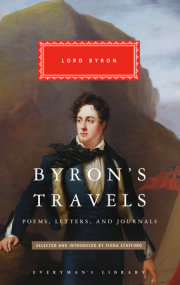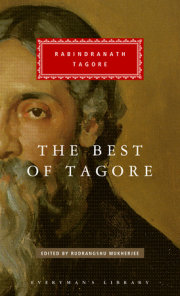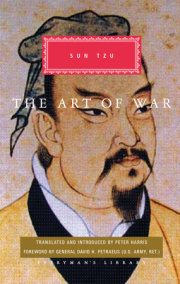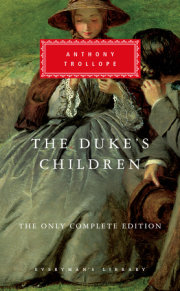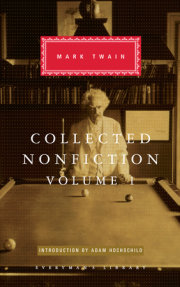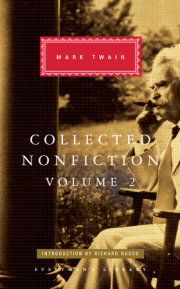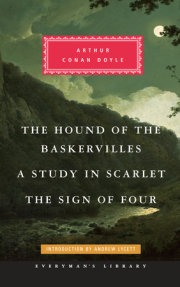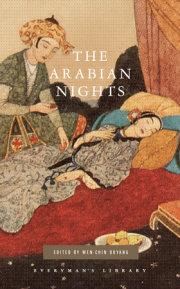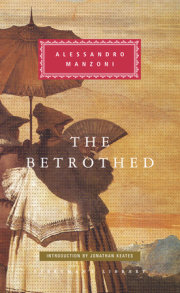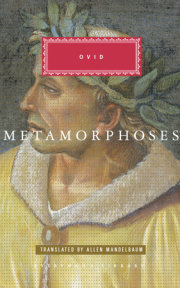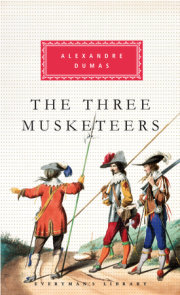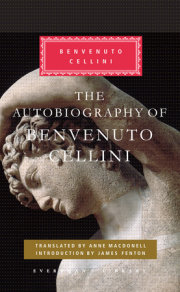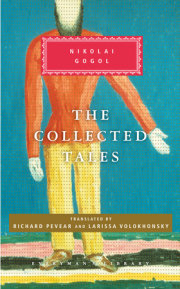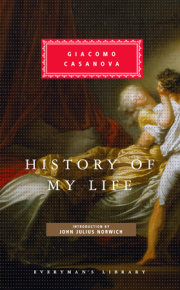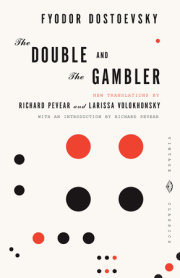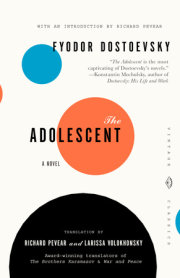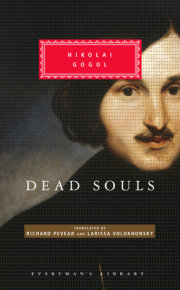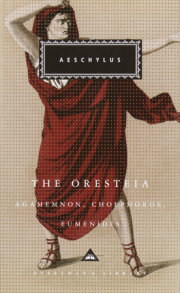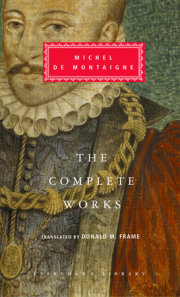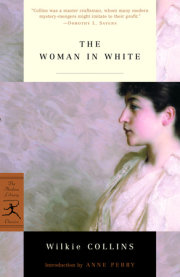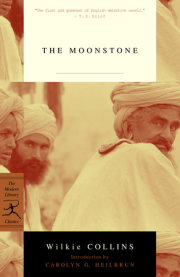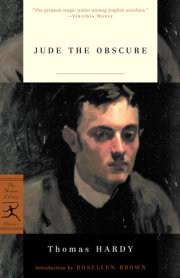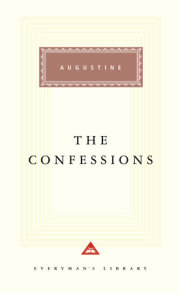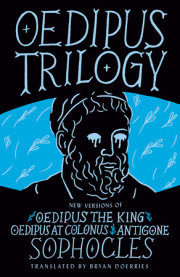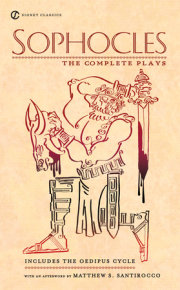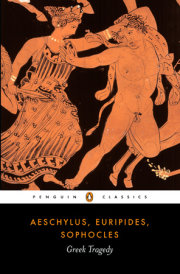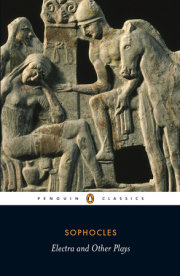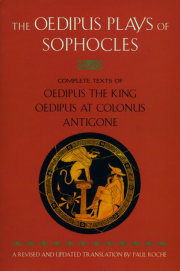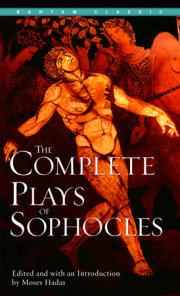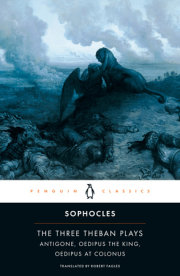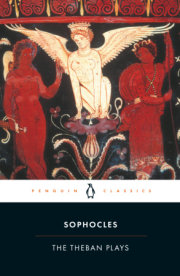


The legends surrounding Oedipus of Thebes and his ill-fated offspring provide the subject matter for Sophocles’ three greatest plays, which together represent Greek drama at the pinnacle of its achievement.
Oedipus the King, the most famous of the three, has been characterized by critics from Aristotle to Coleridge as the perfect exemplar of the art of tragedy, in its unforgettable portrayal of a man’s failed attempt to escape his fate. In Oedipus at Colonus, the blind king finds his final release from the sufferings the gods have brought upon him, and Antigone completes the downfall of the House of Cadmus through the actions of Oedipus’s magnificent and uncompromising daughter defending her ideals to the death. All three of The Theban Plays, while separate, self-contained dramas, draw from the same rich well of myth and showcase Sophocles’ enduring power. Translated by David Grene.
The legends surrounding Oedipus of Thebes and his ill-fated offspring provide the subject matter for Sophocles’ three greatest plays, which together represent Greek drama at the pinnacle of its achievement.
Oedipus the King, the most famous of the three, has been characterized by critics from Aristotle to Coleridge as the perfect exemplar of the art of tragedy, in its unforgettable portrayal of a man’s failed attempt to escape his fate. In Oedipus at Colonus, the blind king finds his final release from the sufferings the gods have brought upon him, and Antigone completes the downfall of the House of Cadmus through the actions of Oedipus’s magnificent and uncompromising daughter defending her ideals to the death. All three of The Theban Plays, while separate, self-contained dramas, draw from the same rich well of myth and showcase Sophocles’ enduring power. Translated by David Grene.
Our mission is to foster a universal passion for reading by partnering with authors to help create stories and communicate ideas that inform, entertain, and inspire.
/




